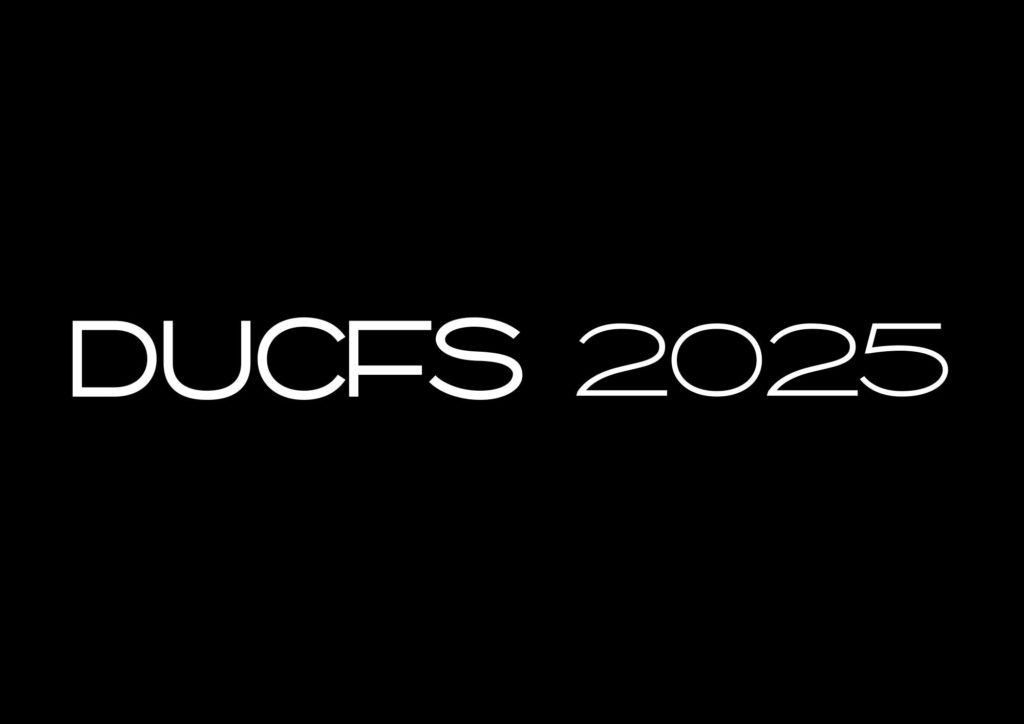Lyrics have been a colossal source of both fascination and inspiration for me. The most skilled writers can communicate great meaning with a brevity of language. Being able to intertwine words with melody to create a powerful song is an incredibly difficult task. For me, lyrics act as invitations to read the writer’s most private and intimate diary, a window into their wildest fears and darkest dreams. Although lyrics are read and heard, they also provide a visual experience- from only a couple of cleverly written words, I can picture an exact setting, a person, a situation and so on, which I find truly admirable.
In this article, I will be explaining my favourite lyrics from the incredibly diverse and ever-growing discography of Taylor Swift. I have been a fan of her music since I was ten years old, first introduced by my cousin, whom I spent many an hour dancing with around to ‘Love Story.’
Fearless (Taylor’s Version) will always have a special place in my heart due to the carefree, teenage energy it radiates, although admittedly her most impressive songwriting can be found in 2020’s sister albums Folklore and Evermore. The lyrics I will be unpacking are not, by any means, from her most popular or my favourite songs, nor are they ranked in any order; I have chosen these lyrics as isolated pieces of writing in which I find deep meaning.
“You kept me like a secret, but I kept you like an oath.” (All Too Well) (10 Minute Version) (Taylor’s Version) (From the Vault)
I recall audibly gasping when I heard this lyric for the first time in November 2021, when Swift re-dropped her album ‘Red (Taylor’s Version).’ I adore this lyric because of how Swift cleverly implies just how differently two people view their relationship. To Swift, the relationship was gravely serious, like an ‘oath’, an unbreakable trust between two people with catastrophic impact if defied. Contrastingly, her lover saw the relationship on a far less serious level. She was only as important as a ‘secret’, which can easily be revealed with little repercussions and seems minuscule in comparison to an oath, as depicted through Swift’s use of juxtaposition.
“It fades into the gray of my day-old tea, ‘cause it could never be” (Gold Rush, Evermore)
In 2014, Swift stated in a Vogue interview that her favourite lyric is from Carly Simon’s ‘I’m So Vain’ (“I had some dreams, they were clouds in my coffee”) and this lyric from Gold Rush feels like its equally wistful counterpart. Her fantasies about her lover ‘fade’ into the domestic, everyday image of the milky grey cup of tea gone cold, which creates a sense of cosy security- Swift’s wild thoughts are safely tucked away inside her head, bubbling away at the surface but unable to escape her imagination as these daydreams are so magical that they ‘could never be.’ The lyric captures the private excitement that daydreams give us- a thrill so fierce it could never happen outside of our imagination.
“Holding hands in plastic now, doc I think she’s crashing out” (Epiphany, Folklore)
A beautifully simple lyric that serves as a testament to Swift’s perfected skill of using language to conjure poignant images. A reference to the Covid-19 pandemic that prevented face-to-face interactions between loved ones globally for months, the imagery of doctors holding one another’s hands in plastic gloves creates an emotional sense of unity in a time of unprecedented, extreme despair. The lyric ‘doc, I think she’s crashing out,’ conveys exactly the uncertainty and confusion faced by doctors and the colossal pressure of healing every patient brought to their care despite little preparation for such a crisis.
“Your nemeses will defeat themselves before you get the chance to swing.” (Long Story Short, Evermore)
A prophetic statement from Swift declaring that karma will catch up with those who do you wrong, so you needn’t spend time or energy mapping out any bloody revenge plots. This lyric offers comfort and advises the listener of patience, as the universe will balance out all bad deeds with bad consequences eventually.
“I made you my temple, my mural, my sky. Now I’m begging for footnotes in the story of your life” (Tolerate It, Evermore)
This extremely brutal realisation encapsulates perfectly how it feels to experience unrequited love. Swift’s love is as vast and everlasting as ‘the sky’ and the religious connotations of the ‘temple’ and ‘mural’ elevates the relationship to a spiritual level. However, she likens her role in the romance to ‘footnotes.’ This suggests how she feels like an outsider in her own relationship, an added part of her lover’s life that is often overlooked or disregarded, just like how readers tend to skip over footnotes at the bottom of a page.
“I swear, I’m only cryptic and Machiavellian ‘cause I care” (Mastermind, Midnights)
Swift enjoys teasing upcoming music with secret clues to keep everyone on their toes. From Spotify billboards bearing new song lyrics right down to the minuscule details in her music video costumes, there are hundreds of delicately placed Easter eggs dangled in front of the noses of eagle-eyed fans everywhere. This lyric confesses a deeper truth to Swift’s scheming. She labels her plotting as ‘Machiavellian,’ which adds a villainous edge to her actions. Swift admits she plans everything out so carefully because she cares desperately about fulfilling expectations and impressing her fans. Even if it takes agonisingly intricate planning and literal years to accomplish (‘Can I hint at something three years in advance?’ Taylor Swift, 2019), she is willing to put in tiresome effort to achieve the results she desires so badly.
“Hell was the journey, but it brought me heaven” (Invisible String, Folklore)
A truly inspiring and motivational affirmation that offers a sense of comfort in times of hardship. Swift implies that times of pain and sorrow are temporary, and once endured, can lead us to a place so glorious that it makes the previous dark times worth the struggle. We are left with the consolation that periods of difficulty are equally as transient as they are essential in reaching eventual serenity.
“Did some bird flap its wings over Asia? Did some force take you because I didn’t pray hard enough?” (Bigger than the Whole Sky, Midnights)
This beautiful lyric touches on the unbearable self-questioning we tend to subject ourselves to process a loss. The image of the bird could be a reference to the ancient European folk tale of the storks, who deliver newborn children in blankets to the doorstep of waiting parents. Humans have tendencies to doubt their past actions in times of loss; what they could/should have done differently to somehow stop the unpreventable, and Swift’s rhetorical questioning summarises this unreasonable burden we might inflict on ourselves during bereavement.
Taylor Swift has been repeatedly berated for years for only writing about heartbreak or love. But, hopefully, the lyrical analysis above proves that her work is not limited to those themes and in fact covers a far broader account of the human experience. Despite being one of the most popular artists of all time, I truly believe her songwriting is under-appreciated, as she is often pigeonholed into the preppy, pop-girl category. In reality, her lyrical intelligence shines throughout her discography, in a way that feels almost Shakespearean in comparison to other popular modern artists.
Naomi Sambhi

